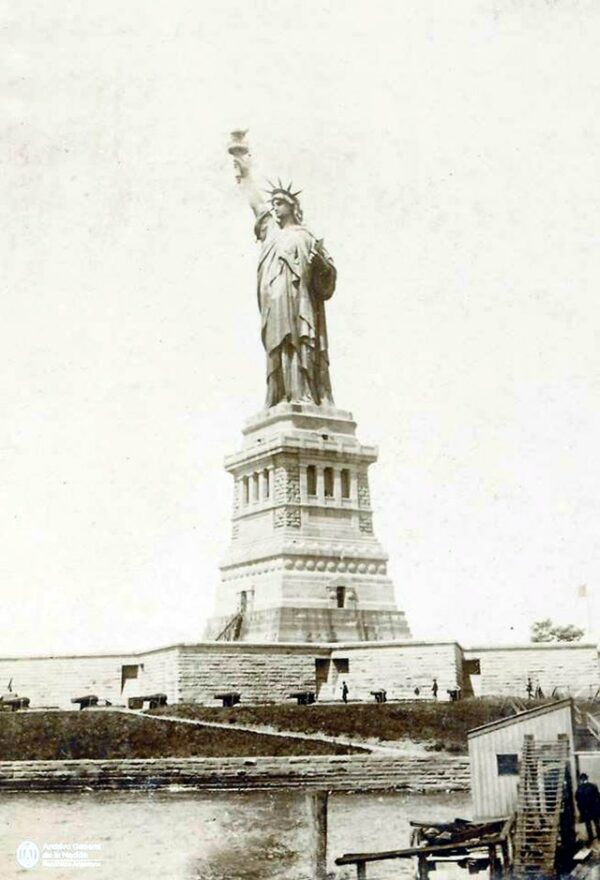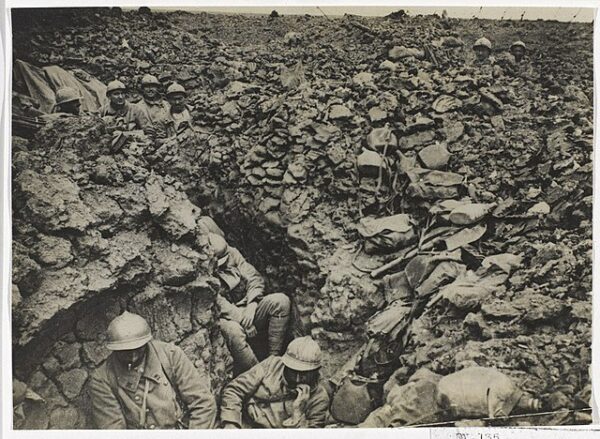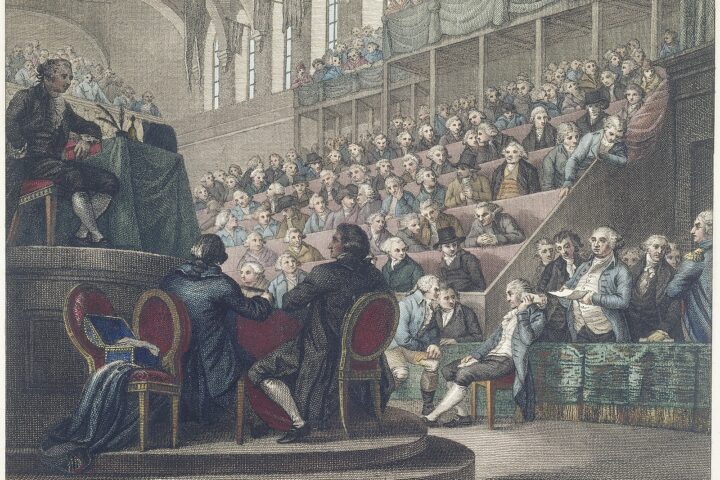On a rainy October 28, 1886, the United States its only queen: the Statue of Liberty. The Franco-American Union and the City of New York organized the dedication ceremonies, which aimed to honor the Statue’s creators and contributors, the people of France and the United States. The event attracted more than a million attendees, including French and American dignitaries and Frédéric-Auguste Bartholdi. Édouard René Lefèbvre de Laboulaye, who is regarded as the Statue of Liberty’s father, passed away in 1883 and did not witness the dedication.
“Firefighters, soldiers, and veterans—including the 20th Regiment of US Colored Troops—marched down Broadway to the sounds of 100 brass bands, cannons, and sirens,” writes The National Parks Service. “On Bedloe’s Island, prominent men, including US President Grover Cleveland, praised the Statue’s promise of liberty.
“On opening day, a flotilla of ships, all decorated in red, white, and blue, formed a naval parade to Bedloe’s Island. Spectators aboard the vessels watched the French flag draping the colossal Statue’s face and anticipated the official unveiling. Frédéric-Auguste Bartholdi himself was stationed in the crown, awaiting the signal to drop the flag at the end of the dedication ceremony. As he listened to patriotic tunes and the passionate speeches of distinguished guests on the ground below, he waited for a signal that the speeches had ended. His helper mistakenly gave the signal when one of the speakers paused, and Bartholdi unveiled the Statue’s face too soon, in the middle of a speech by Senator William M. Evarts, chair of the American Committee. Cannons thundered, brass bands roared, and steam whistles blew from hundreds of ships in the harbor, overpowering Evarts’ words. Their salutes welcomed the Statue of Liberty home.
The Statue’s unveiling was more than an occasion for celebrating; it was a time to honor the people who had created and paid for it. Expressions of gratitude were exchanged. Mainstream newspapers cheered the “great masses” gathered in the city streets to welcome the Statue and view the parade, and the sculptor, Frédéric-Auguste Bartholdi, was hailed as the man of the day.”
The Statue of Liberty was disassembled into hundreds of pieces and shipped from France to the United States, where it was reassembled on Liberty Island in New York Harbor. The dedication ceremony was a culmination of years of hard work and dedication by countless individuals on both sides of the Atlantic.
The dedication of the Statue of Liberty was a symbol of hope and freedom for countless immigrants who came to the United States seeking a better life. It was often the first thing they saw as they entered New York Harbor, and it served as a powerful reminder of the principles upon which the United States was founded. For generations, the Statue of Liberty has stood as a beacon of freedom and a reminder of the nation’s commitment to welcoming those seeking refuge and opportunity.
The dedication of the Statue of Liberty on October 28, 1886, remains an enduring moment in American history, celebrating the ideals of liberty, democracy, and the enduring friendship between France and the United States. It continues to inspire people from around the world and symbolizes the American dream for millions of immigrants who have come to these shores in search of a better life.






